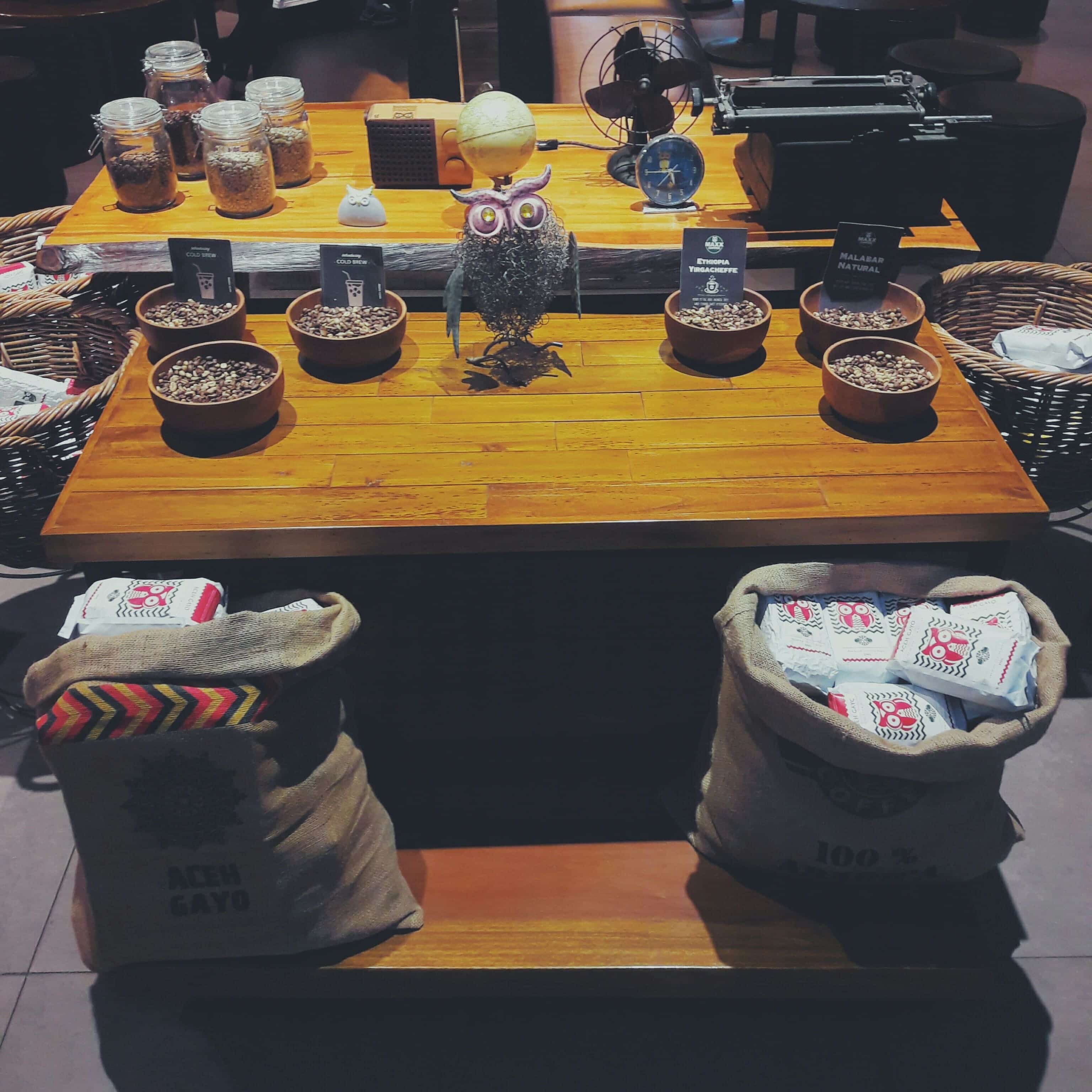Expired Instant Coffee Could Cause Death?
In the first place, coffee doesn’t expire, but it will stale. This happens when its volatile compounds evaporate and oxidize with air exposure after opening the bag or can. You may use your electric burr grinder before brewing your coffee. It’s also best to buy smaller quantity of whole beans. If you have a home grinder, you can grind your coffee beans appropriately. It is not advisable to store large quantities of ground coffee so make sure to keep your coffee well sealed in a cool, dark place.
Did you know that as your coffee sits, bacteria and molds begin to grow? Yes, the presence of molds and bacteria is not only the reason why your coffee tastes bad. As your coffee sits longer, its chemical reaction changes, breaking down its delicate compounds giving your coffee a bad taste. Over-extraction can also cause bitterness so to avoid it, make sure that your grind size is not too small and you are not brewing your coffee for too long. Keep it in mind that coffee is like any other foodstuff, it doesn’t last forever. The older your coffee grounds are, the more it is oxidized. Old coffee grounds don’t have a rotten smell but it doesn’t have any scent. If you can’t help but make coffee more than enough for yourself, better invest in a good storage like thermos which can prolong its quality for a few hours.
On the other hand, foods that are rich in carbohydrates or protein, like meat, dairy and eggs may cause illnesses. These foods if contaminated could be a carrier for bacteria, parasite or fungi. Fungi, one of the common cause of food contamination, can spoil the food but cannot cause illness. They can be found in air, water, plants and on some food. There some molds that produce aflatoxin, causing liver disease and coffee is a potential host for aflatoxin-producing molds. Why? Because it is grown in tropical climates with high humidity and rainfall. Coffee can also be a source of ochratoxin, a toxin produced by fungi causing severe illnesses or even death. According to experts, this dangerous toxins cannot be get rid alone by cooking as its mortality rate is high once toxin is consumed by the person. Maybe this evidence adds credit to the assumption that expired instant coffee could cause death.
When the food is improperly harvested and dried, there is a high incidence that molds would increase. Like in the case with coffee, due to the humid climate where it grows that slows its drying. Bacterial contamination typically happened on some dairy-related food-borne diseases like gastroenteritis, listeriosis and salmonellosis. Bacteria thrive in room temperature foods and rapidly in this kind of environment. If your coffee is mixed with milk, you could be at risk of being exposed to these bacteria.
Are Expired Instant Coffee Could Cause Death?
Food and Drug Administration (FDA) showed that the shelf-life for unopened coffee is up to one year and once opened can last up to two to three months at room temperature. But if you refrigerate your coffee, its shelf-life is shorten and only last for two to three weeks while a frozen one can last up to four months. Experts don’t think that expired instant coffee could cause death. It may go stale at any point from a week or month but you can still brew and drink with an unpleasant taste without compromising your health. Its freshness declines and starts to taste stale. A bad stale cup of coffee brings no harm to you physical. It doesn’t have a health threat but has been developed a dull flavor. It has been observed that within a couple of weeks from grinding, its flavor deteriorates twice as fast as unground coffee. A whole coffee beans stored in a brown paper bag it can stay fresh 3-4 weeks.
If you still want to enjoy your coffee without compromising your health if you feel any discomfort or lead you to worst situation or even death, you must limit or avoid caffeine intake. With this, you can limit your caffeine to 200-300mg a day. An average cup of coffee contains 120-200mg of caffeine depending on the size and roast. But if you’re a sensitive drinker, when you consume more than 500mg of caffeine may feel any discomfort.
Related posts:
 Expired Instant Coffee Could Cause Death
Expired Instant Coffee Could Cause Death
 What Happens If You Drink Expired Coffee
What Happens If You Drink Expired Coffee
 Does Brewed Coffee Go Bad?
Does Brewed Coffee Go Bad?
 What Happens If You Drink Expired Coffee
What Happens If You Drink Expired Coffee
 Is Drinking Day Old Coffee Bad For You
Is Drinking Day Old Coffee Bad For You
 Can You Refrigerate Coffee And Reheat It?
Can You Refrigerate Coffee And Reheat It?
 How Long Does Coffee Last In The Fridge
How Long Does Coffee Last In The Fridge
 How Long Does Brewed Coffee Last In The Fridge?
How Long Does Brewed Coffee Last In The Fridge?
 How Long Can You Store Coffee Beans?
How Long Can You Store Coffee Beans?
 How Long Does Brewed Coffee Stay Fresh
How Long Does Brewed Coffee Stay Fresh



















